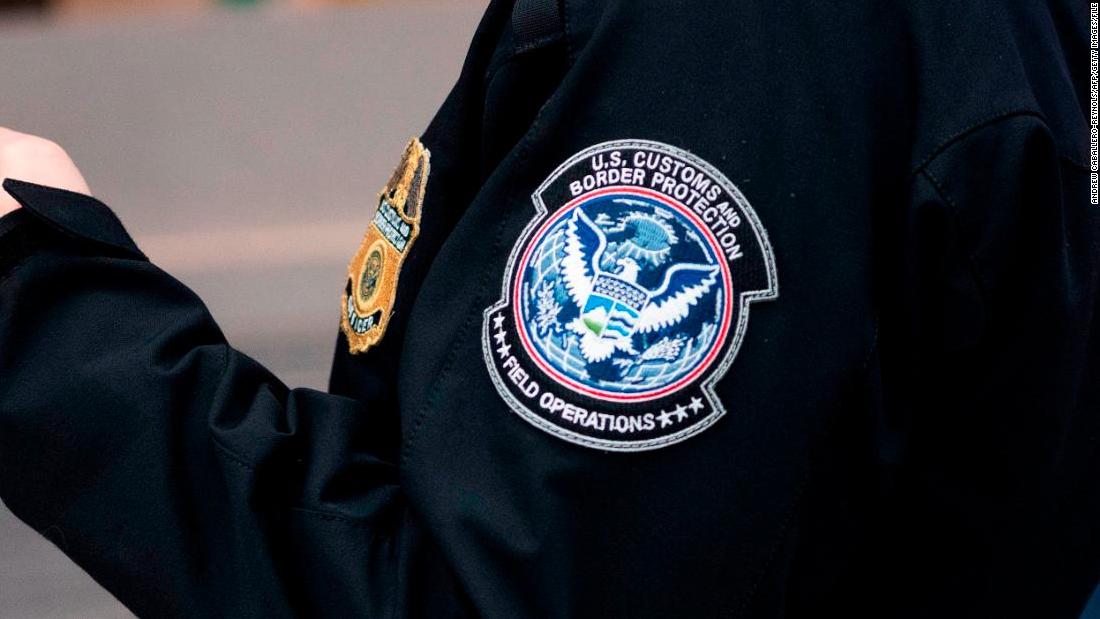
The vote was 233-183 and was largely broken down by party lines.
“It is cruel and unfair to have this ban,” Democratic Rep. Judy Chu of California, the lead sponsor of the bill, told CNN in an interview. “This is the first bill passed by the House that would defend the civil rights of American Muslims. I am very proud that we are taking this step today. It is historic and it is fair.”
The travel ban was first imposed by the President shortly after taking office and was expanded earlier this year to include six new countries. The ban has been derided by critics as an attempt to ban Muslims from the United States. Its first iteration caused chaos at airports and it faced a backlash. The administration has argued that the travel ban is vital to national security and ensures that countries meet the security needs of the United States.
The House voted on a measure that would repeal previous and current iterations of the ban, including the expansion that took effect in February by imposing immigration restrictions in Nigeria, Eritrea, Tanzania, Sudan, Kyrgyzstan and Myanmar.
House Democrats had originally planned to vote to repeal the ban in March, but the bill was pulled from the schedule as the coronavirus pandemic escalated and the legislative agenda shifted to focus on efforts to respond to the ongoing crisis.
At the time, House Republicans had called for the bill to be withdrawn, arguing that it would make it more difficult to prevent people from coming to the US from countries that had become hot spots for coronaviruses.
However, the measure includes language to ensure that it will not affect the ability of the US to respond to public health crises such as the coronavirus pandemic.
It gives the President temporary authority to suspend and impose restrictions on the entry of any person determined to “undermine the security or public safety of the United States,” a provision that, according to Democrats, would allow any necessary measure to be taken to protect the American citizens during the pandemic.
The original text of the legislation was also amended to further underscore that point by stating that its public safety provision “includes the efforts necessary to contain a communicable disease of public health importance”, such as Covid-19.
“This would not prevent action in the case of a disease like Covid-19 where public health is threatened,” Chu said.
In addition to ending the travel ban already on the books, the measure would restrain the authority of the executive branch to impose future travel restrictions and prohibit future religiously-based bans.
If the measure were enacted, the President could temporarily suspend or impose restrictions on entry if the secretary of state, in consultation with the secretary of national security, determines “based on specific and credible facts” that entry of the group of people in question “It would weaken the security or public safety of the United States or the preservation of human rights, democratic processes or institutions, or international stability.”
The ruling sent a strong message from the court that Trump has broad powers under immigration law to act to protect national security and that statements made during a campaign may not be legally determinative of the president’s intent.
“The Proclamation is directly within the scope of presidential authority,” wrote Roberts.
House Democrats used a procedural move in an effort to ensure that the measure passes smoothly.
The measure was passed as part of separate legislation, a move that prevented House Republicans from offering what is known as a motion to re-commit, creating an opportunity for members to oppose the Underlying measure force a separate vote on language that could derail your step.
.